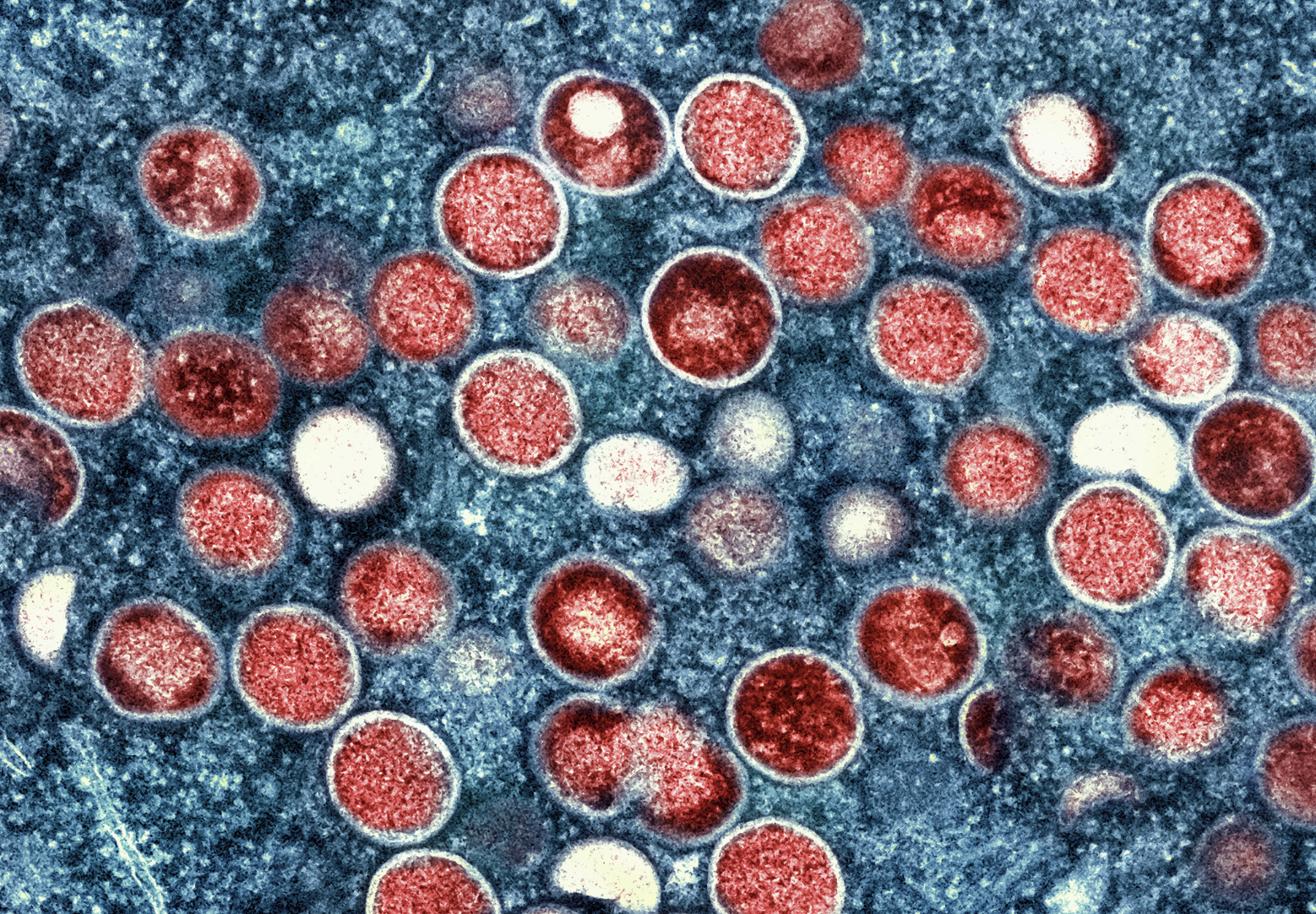Province Recognizes Budding IIDR Research Stars

Two members of the Michael G. DeGroote Institute for Infectious Disease research are among 11 McMaster researchers awarded Early Researcher Awards (ERA) from the Province of Ontario.
Dawn Bowdish, assistant professor, Pathology & Molecular Medicine, whose research investigates the causes of bacterial pneumonia in the elderly, and Nathan Magarvey, assistant professor, Biochemistry & Biomedical Sciences, who is leading the delivery of safer, more effective and targeted natural drug discoveries, were among the esteemed group of researchers announced today.
“I’m incredibly proud of Dawn and Nathan for this impressive accomplishment,” says Gerry Wright, scientific director of the IIDR. “They are gifted young scientists who have already taken great strides in their respectful research fields and I suspect we will continue to witness ongoing success with their science.”
The ERA program helps promising, recently-appointed Ontario researchers build their research teams of undergraduates, graduate students, post-doctoral fellows, research assistants, associates, and technicians. The goal of the program is to improve Ontario’s ability to attract and retain the best and brightest research talent.
Bowdish’s research proposal is titled: Interplay between inflammation and impaired anti-bacterial immunity in the elderly.
“The World Economic Forum lists “mismanagement of the aging population” as one of the greatest risks to global economic stability in the next two decades,” says Bowdish, adding public spending, especially with regard to health care costs, must adapt to the health care needs of a rapidly aging demographic. “Aging in good health costs very little, but individuals aging with chronic inflammatory conditions such as diabetes, cardiovascular disease, and/or dementia, can cost the healthcare system tenfold more than their healthy peers.”
She says preventing or delaying the onset of chronic inflammatory disease will increase the quality of life and reduce the cost of care.
“Age and most, if not all, chronic inflammatory conditions carry an increased risk of bacterial infection, specifically infection by Streptococcus pneumoniae, which causes pneumonia and invasive pneumococcal disease. Acquiring a bacterial pneumonia in mid- or late life often exacerbates or accelerates sub-clinical or existing chronic inflammatory conditions and can be the harbinger of declining health and decreased quality of life.
Bowdish’s recent discovery that chronic and age-associated inflammation contributes to susceptibility to S. pneumoniae infection provides a potential mechanistic explanation for why chronic inflammatory diseases such as diabetes, cardiovascular disease, dementia, which are all characterized by having elevated levels of pro-inflammatory cytokines, carry an increased risk for acquiring pneumonia. “Considering its importance, the interplay between age, chronic inflammatory diseases and anti-bacterial immunity is understudied; therefore, I have made it the focus of my research program.”
Specifically, she says, this award will allow her to recruit two masters students and one PhD student over the course of five years to study why inflammation is a major component of aging and how exposure to inflammation over a lifetime impairs one’s ability (or specifically the macrophages’ ability) to fight off infections, especially pneumonia caused by Streptococcus pneumoniae.
Magarvey’s research is titled: Informatic searches for natural bioactive small molecules.
“Nature is a constant inspiration for drug discovery, evident by the numbers of diseases treated by naturally derived small molecules and the billons of dollars these natural products contribute to the economy per annum,” Magarvey says, adding therapeutic indices of these agents are striking and their clinical applications extensive ranging from anti-bacterials, anti-virals and anti-fungals to those with human targets that affect immunosuppression to cholesterol-lowering, and selective killing of cancer cells.
“Whilst it is clear that known natural products are of significant economic and therapeutic importance, an urgent need exists for safer, more-effective and targeted medicines. Emergence of drug-resistant microbes, and recurrent malignant drug-refractory cancers reveal the necessity of identify novel drug finding strategies.”
He explains that classical discovery of microbial natural products has relied almost exclusively on serendipity, and presently rediscovery of known PK and NRP natural products is the norm. “Large-scale microbial genomic sequencing has changed this enabling direct view of microbial biosynthetic blueprints and in this way new caches of unknown PK and NRP agents are recognized, and this expends from known soil-bacteria, to previously unexplored environmental microorganisms, and even to members of the human microbiome.”
As an Ontario Early Researcher in Natural Product Drug Discovery, Magarvey plans to use genome mining and deploy biosynthetic strategies to target these novel natural products and probe the actions and applications of those with innovative assays to reveal new therapeutic lead agents.
NewsRelated News
News Listing

McMaster Health Sciences ➚
IIDR member and founding director Gerry Wright among McMaster professors named to Canadian Academy of Health Sciences
News
September 10, 2024

McMaster Health Sciences ➚
IIDR’s Matthew Miller and Hendrik Poinar among Health Sciences faculty recognized by Royal Society of Canada
News
September 3, 2024

August 22, 2024

